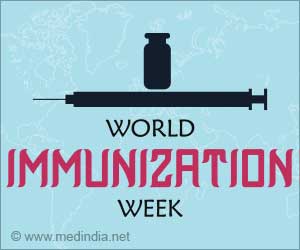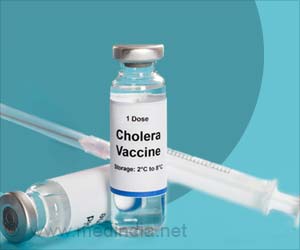The battle between consumer interests and those of the pharmaceutical industry has got sharper in the US. On Wednesday a US Senate Committee approved a bill that would clothe the Food and Drug Administration (FDA) with necessary powers to require drug makers to wait two years before advertising a newly approved drug directly to consumers.
The measure would give health officials new powers to fine companies that fail to do post-approval studies and to ban advertising of a new drug to consumers for two years. The safety of new medicines would be reviewed 18 months and three years after they reach the market.In the last decade the ad spend of pharmaceutical firms has surged fivefold, it may be noted, to more than 5 billion dollars annually.
Promoting new prescriptions on TV entices consumers to demand those drugs from their doctors, potentially before individual physicians are familiar with the side effects and risks. That raises health and safety issues, lawmakers and consumer groups say.
The intent of the legislation is to give physicians more time to review the safety and effectiveness of new drugs before consumers have a chance to see advertisements.
The changes are a response to Merck & Co 's 2004 recall of painkiller Vioxx and complaints the Food and Drug Administration did not respond quickly to early signs of heart problems with the drug.
The legislation would codify FDA and industry plans to extend drug and medical device maker fees for the next five years to help speed reviews and partly fund safety checks.
Advertisement
The Bush administration objected to several provisions, saying broad risk management strategies were not needed for every drug.
Advertisement
The measure did not include creation of a path for FDA approval of generic biotech medicines, but Kennedy expected that would be added later.
The Senate committee also voted 11-9 to amend the bill to subject medical marijuana to FDA safety and effectiveness requirements.
The drug firms themselves charged their First Amendment rights were under attack. The First Amendment to the United States Constitution is a part of the United States Bill of Rights.
It prohibits the federal legislature from making laws that prohibit free exercise of religion or infringe on the freedom of speech or the freedom of the press and so on.
The new bill also would change incentives for pediatric research that have been lucrative for drug-makers. It would limit the extra patent time awarded for pediatric studies to three months for drugs with more than one billion dollars in annual sales. Other drugs could still receive six months.
The measure did not include creation of a path for FDA approval of generic biotech medicines, but Kennedy expected that would be added later.
The Senate committee also voted 11-9 to amend the bill to subject medical marijuana to FDA safety and effectiveness requirements.
Source-Medindia
GPL






